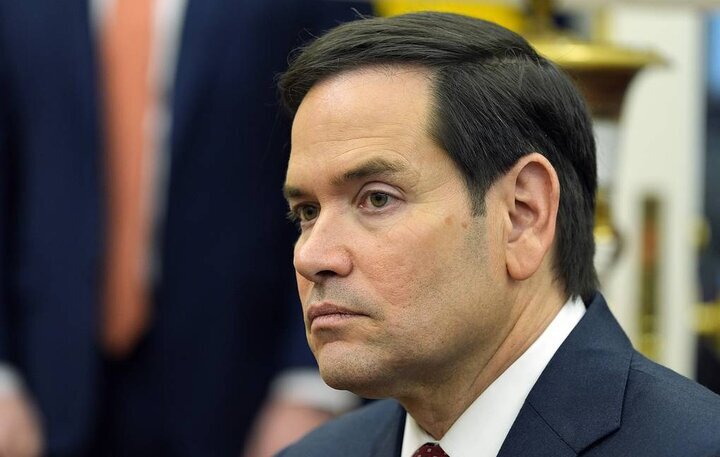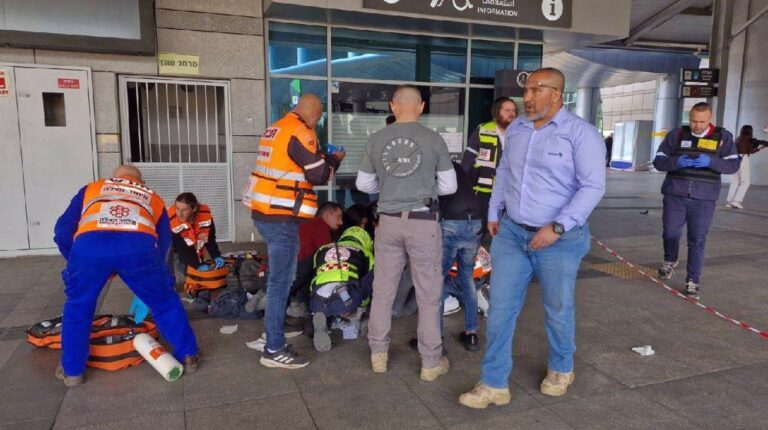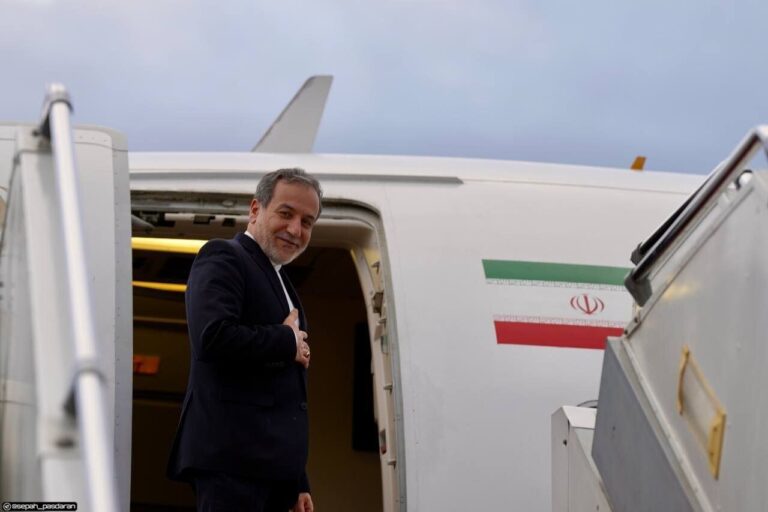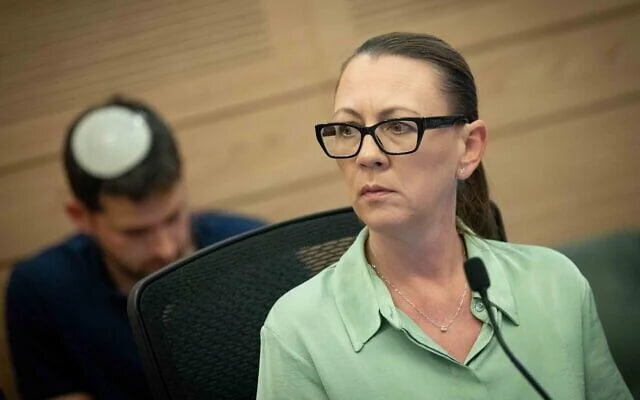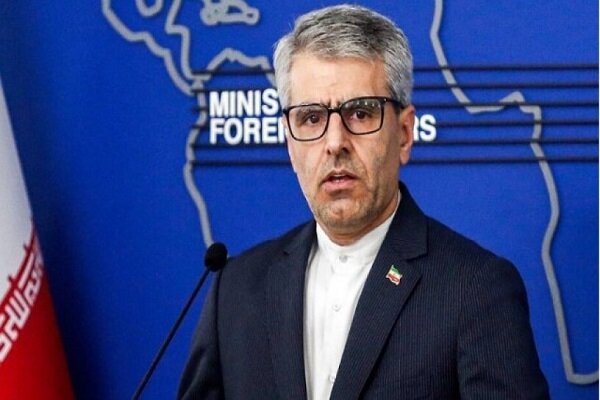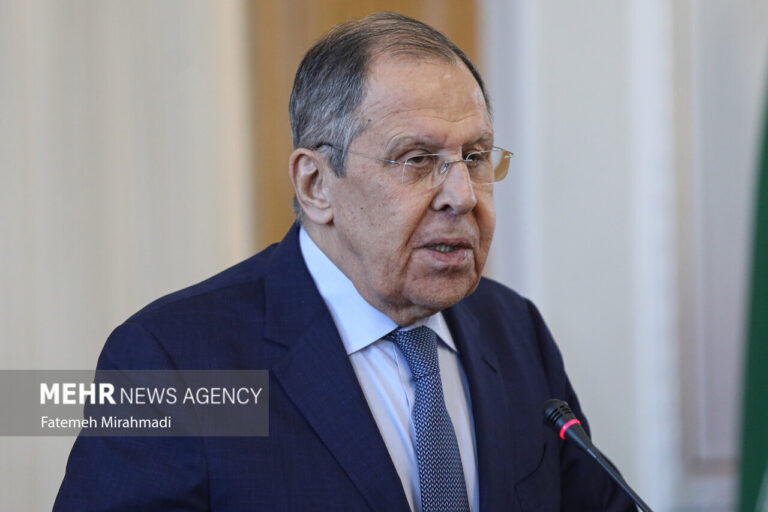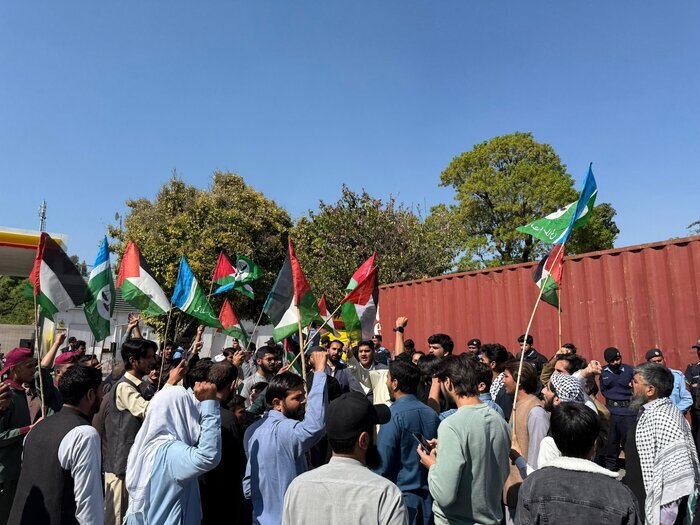Rubio Warns: US May Halt Ukraine Peace Efforts Without Swift Progress
In a significant development regarding the ongoing conflict between Russia and Ukraine, U.S. President Donald Trump is poised to withdraw from negotiations aimed at establishing a peace deal unless tangible progress is observed within days. This statement was made by U.S. Secretary of State Marco Rubio, who emphasized the urgency of the situation during his recent discussions with European and Ukrainian leaders in Paris.
Rubio stated, “We’re not going to continue with this endeavor for weeks and months on end. So we need to determine very quickly now, and I’m talking about a matter of days, whether or not this is doable in the next few weeks.” He expressed that if the negotiations do not yield fruitful results, Trump may decide to halt the efforts altogether, saying, “If it’s not possible, if we’re so far apart that this is not going to happen, then I think the president is probably at a point where he’s going to say, ‘Well, we’re done.'” This comment reflects a sense of urgency in the White House as frustration mounts over Russia’s reluctance to engage in meaningful dialogue to end the conflict.
According to three diplomatic sources from Europe, Rubio’s remarks coincide with emerging signs of progress in discussions between the U.S. and Ukraine. However, this optimism is tempered by the ongoing challenges posed by Russia’s intransigence. Kremlin spokesman Dmitry Peskov acknowledged that some progress towards a peace settlement has been made but characterized the communication with Washington as challenging. Peskov reiterated that Russia is committed to resolving the conflict while safeguarding its national interests and remains open to further dialogue with the United States.
In a related update, Trump announced on Thursday that he anticipates signing a minerals deal with Kyiv next week. This development comes after a previous attempt in February fell through, which was marked by a confrontation between Ukrainian President Volodymyr Zelensky, Vice President JD Vance, and Trump in the Oval Office.
Vance, who was in Rome meeting with Italian Prime Minister Giorgia Meloni, expressed optimism regarding the potential for the United States to assist in bringing an end to what he termed a “very brutal war.” His comments reflect a broader sentiment among U.S. officials that a resolution may be attainable, though significant hurdles remain.
The talks held in Paris on Thursday marked the first substantial, high-level in-person negotiations concerning Trump’s peace initiative, which included key European powers. Rubio noted that the U.S. peace framework he presented received an “encouraging reception” from the involved parties. Meanwhile, Zelensky’s office characterized the discussions as constructive and positive, indicating a willingness to explore potential pathways to peace.
- Urgent Decision Required: Rubio highlighted that the U.S. needs to quickly ascertain the feasibility of a peace deal within days.
- Growing Frustration: The White House is increasingly frustrated with Russia’s unwillingness to engage meaningfully in negotiations.
- Russia’s Position: Peskov stated that while some progress has been made, communication with Washington remains difficult.
- Upcoming Minerals Deal: Trump is expected to sign a minerals agreement with Ukraine next week.
- Positive Diplomatic Efforts: The talks in Paris received a favorable reception and were described as constructive by Zelensky’s office.
As the situation evolves, the international community is closely monitoring the developments in the Russia-Ukraine conflict. The potential for a peace deal hinges on the ability of both sides to navigate their differences and engage in constructive dialogue.
For now, the world watches as the U.S. administration determines its next steps in this critical geopolitical issue. The outcomes of these negotiations could significantly impact not only the region but also the broader dynamics of international relations.
